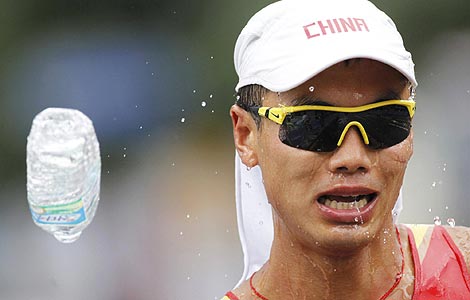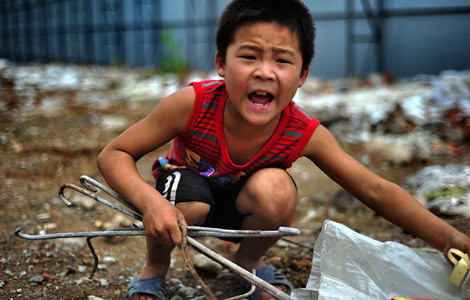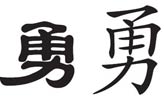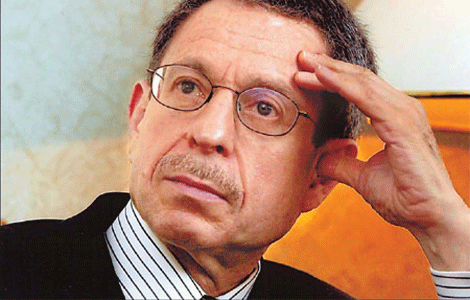Huawei 'makes first cloud-computing phone'
Updated: 2011-08-01 10:29
By Shen Jingting (China Daily)
|
|||||||||
SHANGHAI - The connection between Huawei Technologies Co Ltd, China's biggest telecom equipment maker by revenue, and Italian Supercoppa (Italian Super Cup), does not only rest on the fact they share the same birth year.
Established in the southern coastal city of Shenzhen in 1987, Huawei has grown into a top-level telecom hardware giant that competes with the likes of Sweden's Telefon AB L.M. Ericsson.
It is now drawing on the popularity of Italian Supercoppa with hundreds of millions Chinese soccer fans in the hope of promoting its cloud-computing smart phones.
These new handsets can provide easy downloads and enable the sharing of movies, electronic books and huge amounts of music, while backing up information on the cloud.
Cloud computing provides applications from a server that are executed and managed by a client's web browser. Any web-friendly device connected to the Internet may access the same pool of computing power, applications, and files in a cloud-computing environment. Data is centrally stored, so the user does not need to carry a storage medium such as a DVD or USB flash drive.
"Huawei is the first mobile phone manufacturer worldwide to introduce a cloud-computing-based smartphone. We want people to live and work on the cloud," Wan Biao, chief executive officer of Huawei Device Co Ltd, said at a Shanghai forum in July.
The company plans to invest about 100 million yuan ($15.4 million) to become the sole sponsor of the 2011 Italian Supercoppa. The soccer match between two top Italian teams A.C. Milan and Inter Milan will be held in Beijing's iconic Olympics stadium, the Bird's Nest, on Aug 6 and used for promotions throughout the year.
It will be the second time that Italian Supercoppa has come to China. On Aug 8, 2009, the competition drew about 73,000 football fans to the Bird's Nest and created record China sport event box office takings of 77 million yuan.
"Through this soccer match, we hope to reach 100 million Chinese people and let them know about Huawei's cloud computing smart phones," said Steven Yang, China president of Huawei Device Co Ltd.
Yang said the sponsorship of the Italian Super Cup demonstrates an important strategic step for Huawei Device, in that the company wants to build its brand recognition among ordinary people instead of just among telecom network operators.
"It will also lift the image of Huawei terminals on to the world stage," added Yang.
Huawei plans to own 10 flagship stores and 4,000 outlets in big Chinese cities by the end of this year in order to expand its distribution channels and make its phones available to more people. The company sold more than 5 million smart phones in the domestic market in the first half of this year. It expects sales of 7 million in the second half.
Victor Xu, chief marketing officer for Huawei's device business, said in early July that the company is likely to ship 20 million smart phones around the world in 2011, higher than a previous target of up to 15 million units. Huawei shipped about 3.3 million smart phones last year.
There are three major reasons behind Huawei smart phones' rapid growth, said Xiang Ligang, a Beijing telecoms expert who also runs an industry website.
"First, Huawei absorbs advanced technologies to make its phones. Second, it has a good relationship with global telecom operators because Huawei was a major equipment supplier for them. Third, Huawei mobile phones have very, very competitive prices," Xiang said.
Huawei produced its first mobile phone in 2003, when the company won a 3G network equipment contract in the United Arab Emirates. The local operator asked Huawei to develop 3G mobile phones for the network. The telecommunications terminal business experienced steady growth and contributed 30.8 billion yuan to Huawei's total sales of 185.2 billion yuan in 2010.
Ren Zhengfei, founder and chief executive officer of Huawei Technologies Co Ltd, said in an internal meeting in early 2011 that Huawei should be "an important player" in the global handset market.











